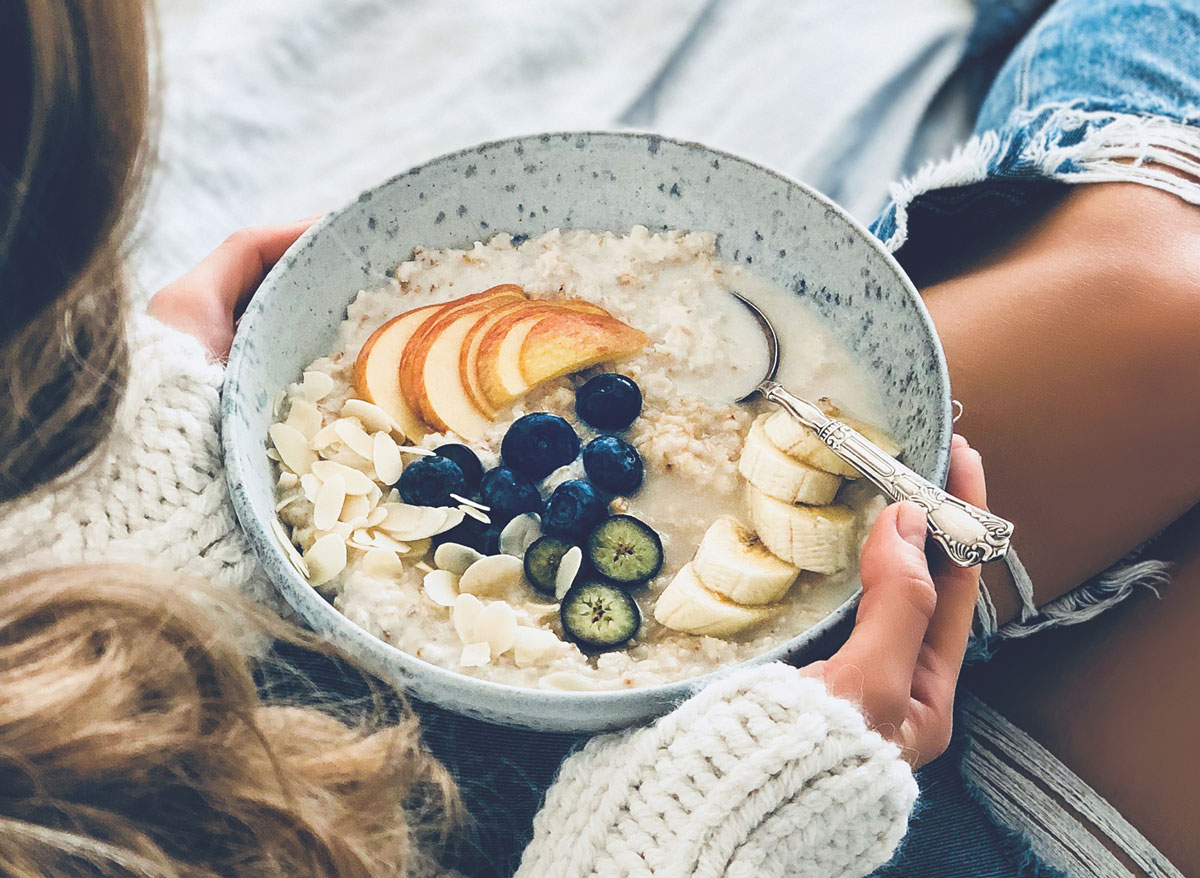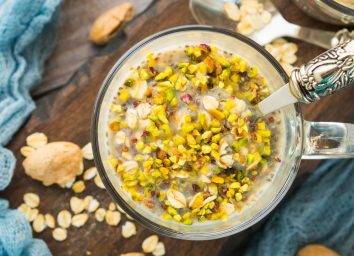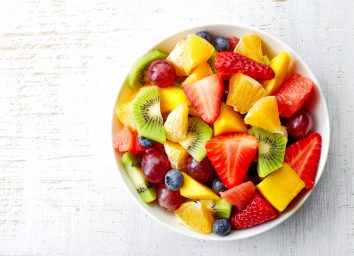This Is When You Should Eat Breakfast, According to an RD

A morning meal fuels you and may even help your metabolism—but timing is everything. We all know we should eat breakfast, but the question is: When exactly should we have it? Is it best to scarf down that avocado toast first-thing? And should you eat it all at once, or is grazing the way to go?
When should you eat breakfast?
The most modern thinking: Eat right off the bat. “I recommend eating within an hour of waking up,” says Cynthia Sass, RD, CSSD, a NYC and LA performance nutritionist who coaches celebrities, CEOs, and the Brooklyn Nets. “This habit fuels mental and physical performance throughout the morning, which tends to be the most productive time of day,” she explains. “It can also curb late-night eating—key because most people are least active in the evening, and unable to burn off unneeded calories, which can lead to weight gain.”
What’s more, having a bite before you dash out the door may also help with insulin regulation, possibly lowering your risk of diabetes, according to a 2017 study published in the Journal of Physiology. The researchers looked at breakfast-skipping versus breakfast-eating in overweight and lean people and found that having a morning meal improved energy expenditure (that’s calories burned) and decreased insulin resistance overall. For the overweight group, there was an added breakfast benefit: It activated a gene involved in fat burning.
If you exercise in the morning, you can modify your morning meal.
It doesn’t really matter whether you have a hearty meal that holds you until lunchtime or go with a light bite followed by a mid-morning snack. If you’re planning on working out in the mornings, “split breakfast,” Sass advises.
What does that mean? Before you hit the gym, have healthy carbs (think fruit, oatmeal, or a sweet potato), which won’t give you digestive issues (be sure to avoid these foods).
“You want that food to be readily digested, absorbed, and available as an energy source to fuel your activity,” Sass says. Bonus: You won’t have that brick-in-your-stomach feeling that you get after you put away something with protein and fat (like a cheese omelet), which take longer to digest.
Once your sweat-session is over, your body is in healing mode. Your muscles are repairing themselves and your system is replenishing lost nutrients. “Have a second breakfast of veggies, lean protein, healthy fat, and a small portion of carbs,” Sass says. She likes a veggie, herb, and avocado omelet with a side of berries.
What if you’re just not a breakfast person?
Let’s face it: Some of us just don’t love breakfast. Should you suck it up and eat that egg-white omelet? While you don’t have to go all-out, you really should put something in your stomach. Besides all the proven perks of this healthy habit—better concentration, reduced appetite, lower risk of heart disease—breakfast skippers tend to fall short on veggies, fruit, whole grains, and even protein (which research shows we should be eating throughout the day, not in one big steak dinner).
If you’re just not into breakfast, Sass recommends grabbing a clean protein bar (like an RXBAR) and a green juice (she likes Evolution Fresh Organic Greens juices, which have little or no fruit), or eating your dinner leftovers. She promises you will notice a difference. Her clients who start a breakfast habit get something concrete out of it: “morning energy, less snacking, weight loss, and an increase in muscle mass.”








